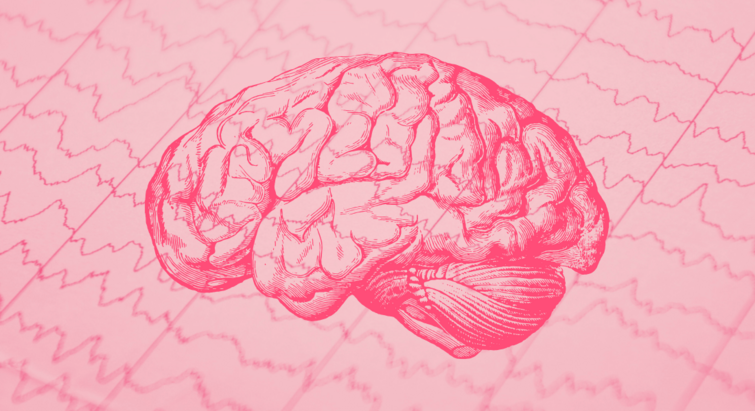
News about The brain
Viser 25 til 48 af 96 dokumenter.

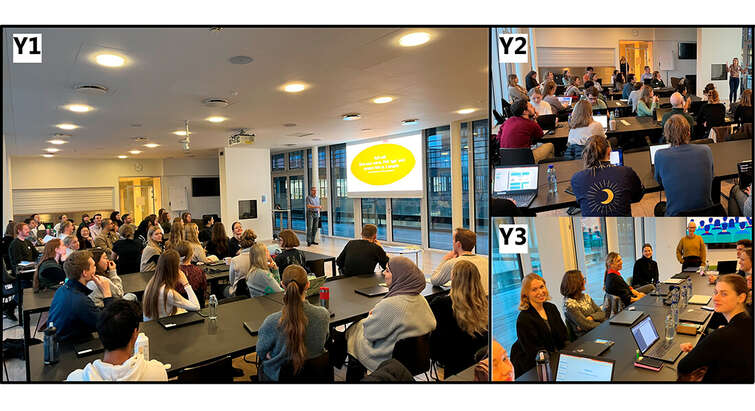
Transferrable skills for PhD students – Invaluable!
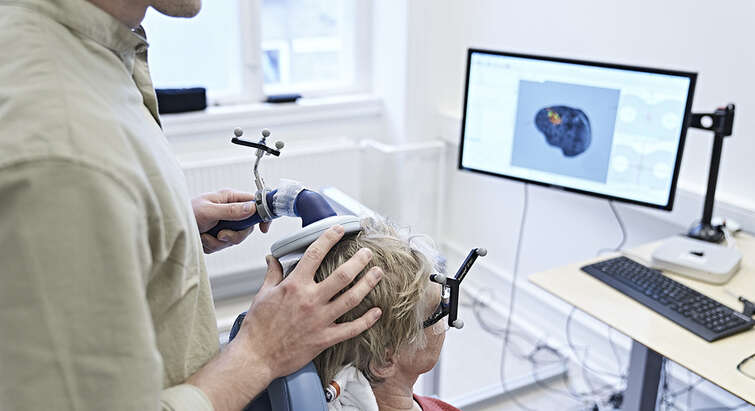
Electrical stimulation of the nervous system can improve motor learning

Kamilla Miskowiak receives two grants
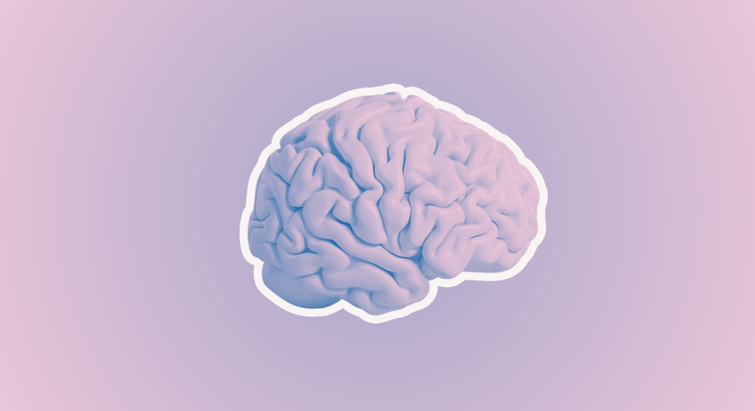
Six researchers from SUND receive grants for brain research

Exploring our ability to switch between focus and flexibility
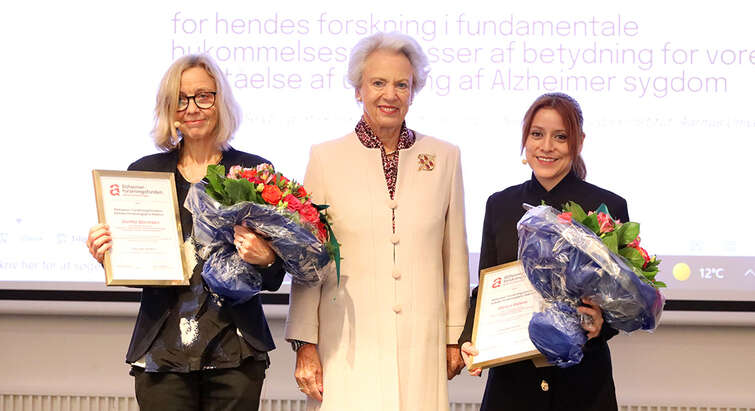
Blanca Aldana receives Alzheimerforeningen’s Forskerprisen 2024
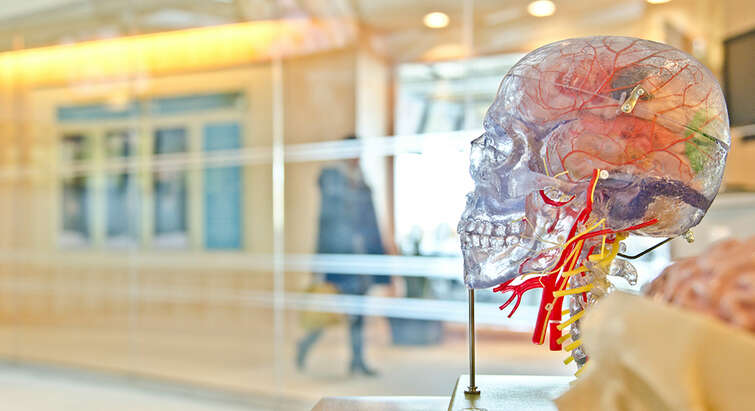
Cognitive problems after stroke to be detected faster
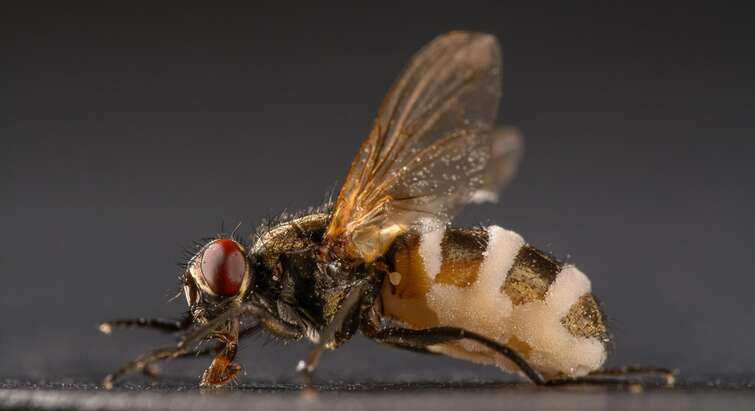
New knowledge about a fungus that turns 60-80% of the flies in your home into zombies

Cocaine discovery could pave way for treatment for substance abuse

Researchers identify unknown signalling pathway in the brain responsible for migraine with aura
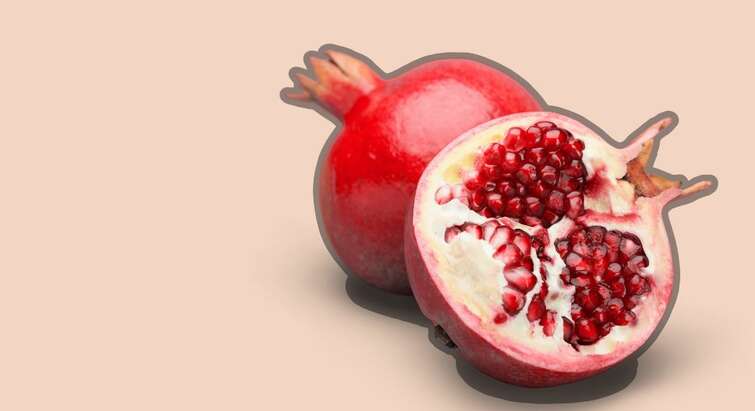
Naturally occurring substance in pomegranates can improve treatment of Alzheimer’s disease

Two SUND researchers receive fellowship grants from the Lundbeck Foundation
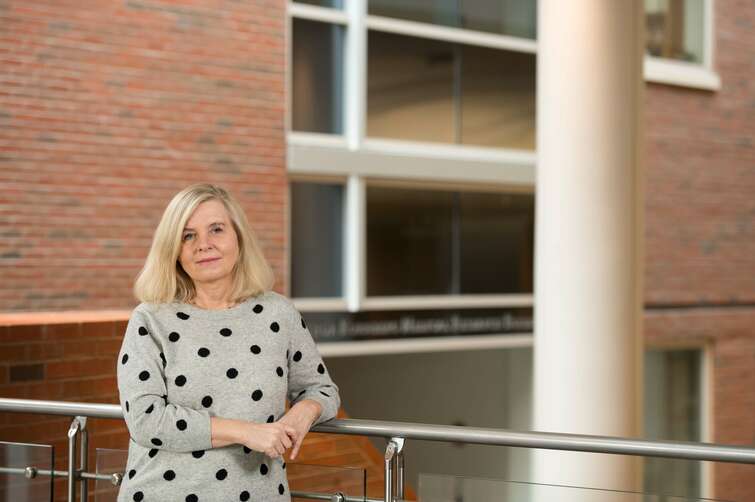
Maiken Nedergaard's glymphatic system research earns top scientific honor
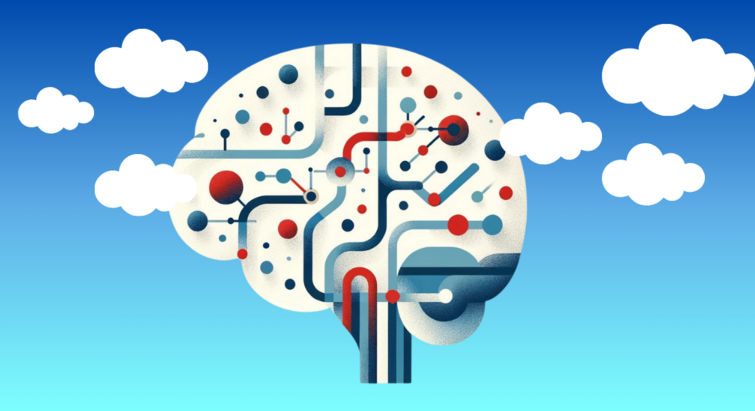
New Imaging Method Illuminates Oxygen's Journey in the Brain
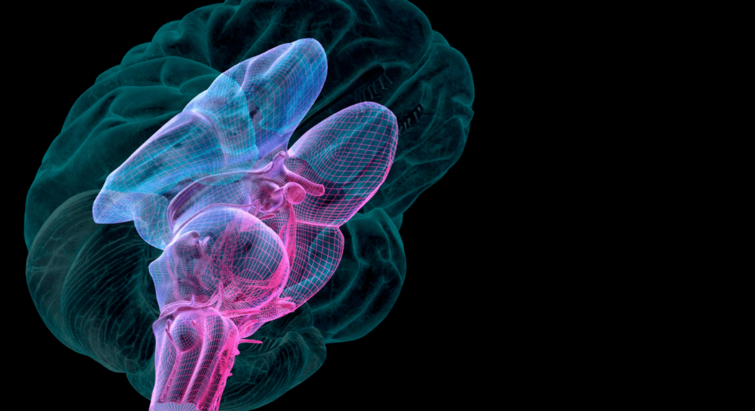
Newly discovered brain cells play a key role in right and left turns

Azadeh Shahsavar receives a Pioneer Innovator 2023 grant
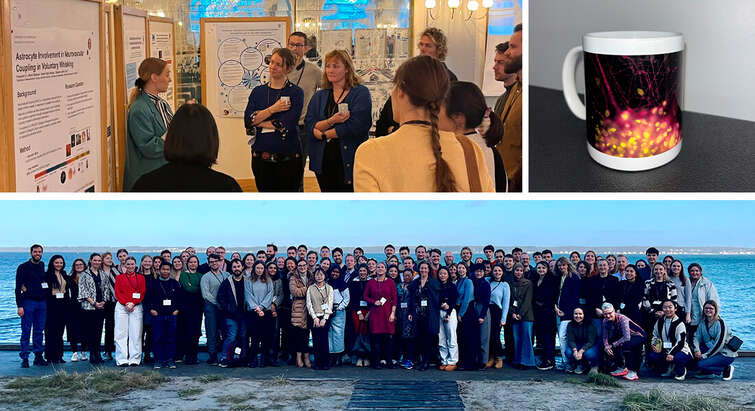
It was all about neuroscience, communication, creativity, and motivation

10 SUND-researchers receive grants to high-risk projects

PUBLICATION SPOTLIGHT – Are newly identified metabolic regulating molecules promising for T-cell immunotherapy?
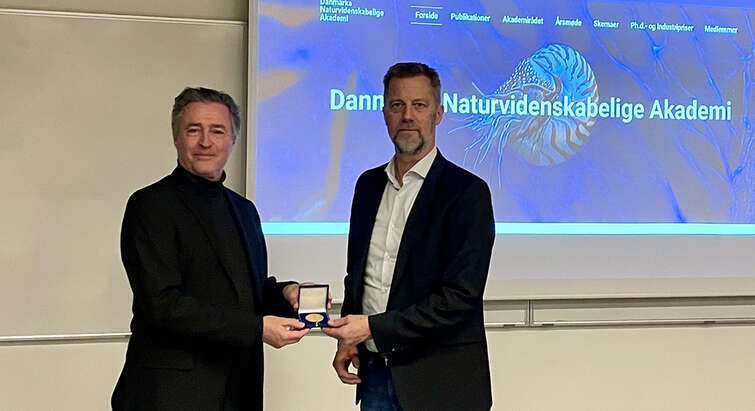
Kristian Strømgaard receives the Danish Academy of Natural Sciences’ Industry Prize 2023
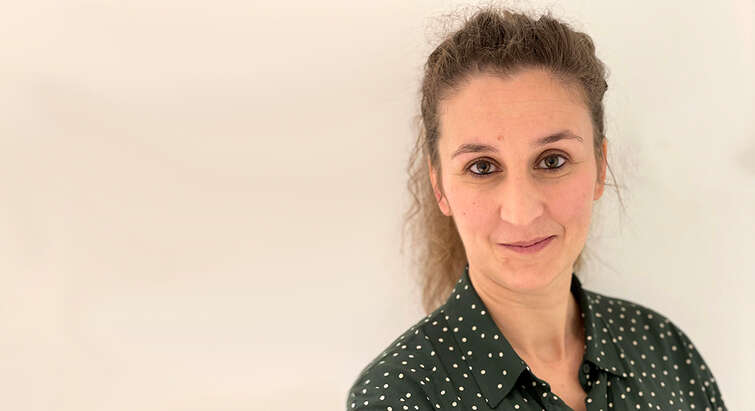
Florence Kermen receives the Kavli Exploration Award
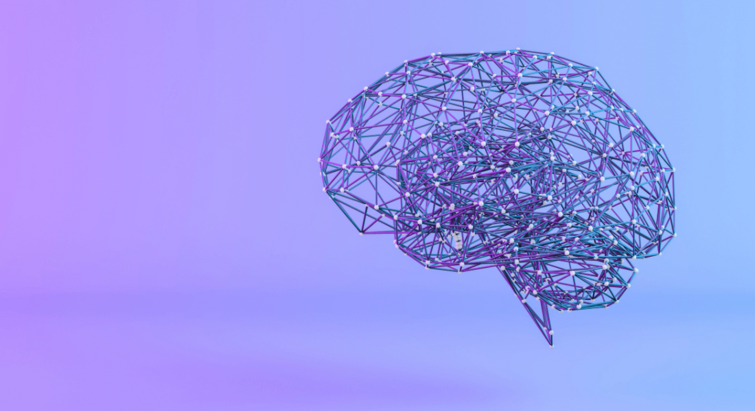
Previously mysterious part of the brain influences sleep, movement and behaviour

